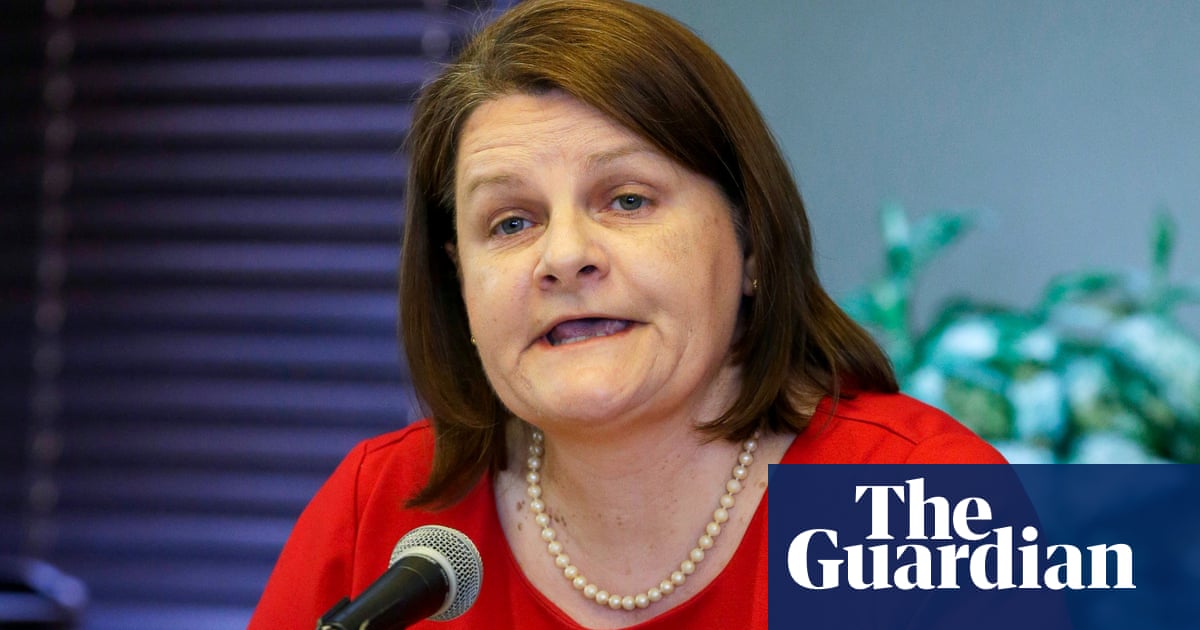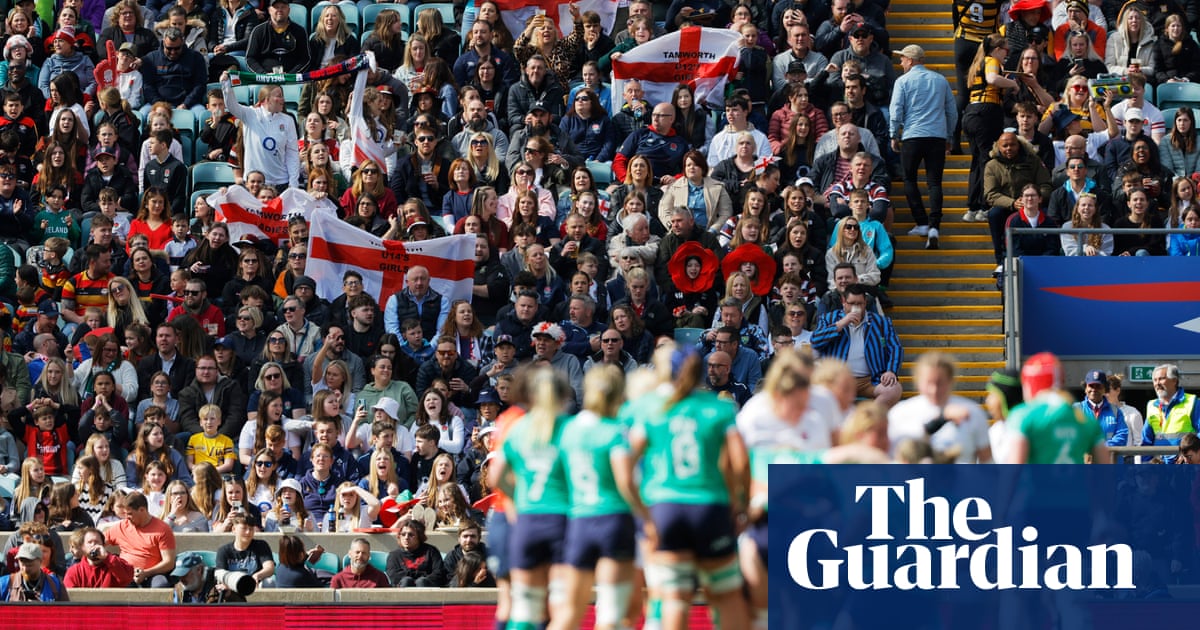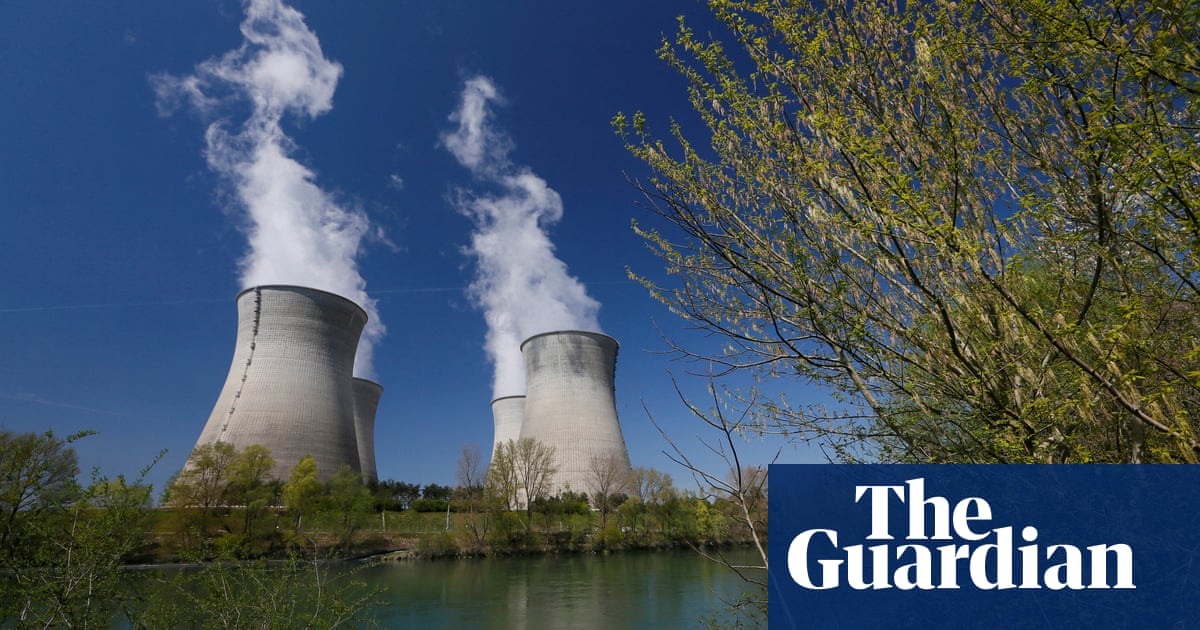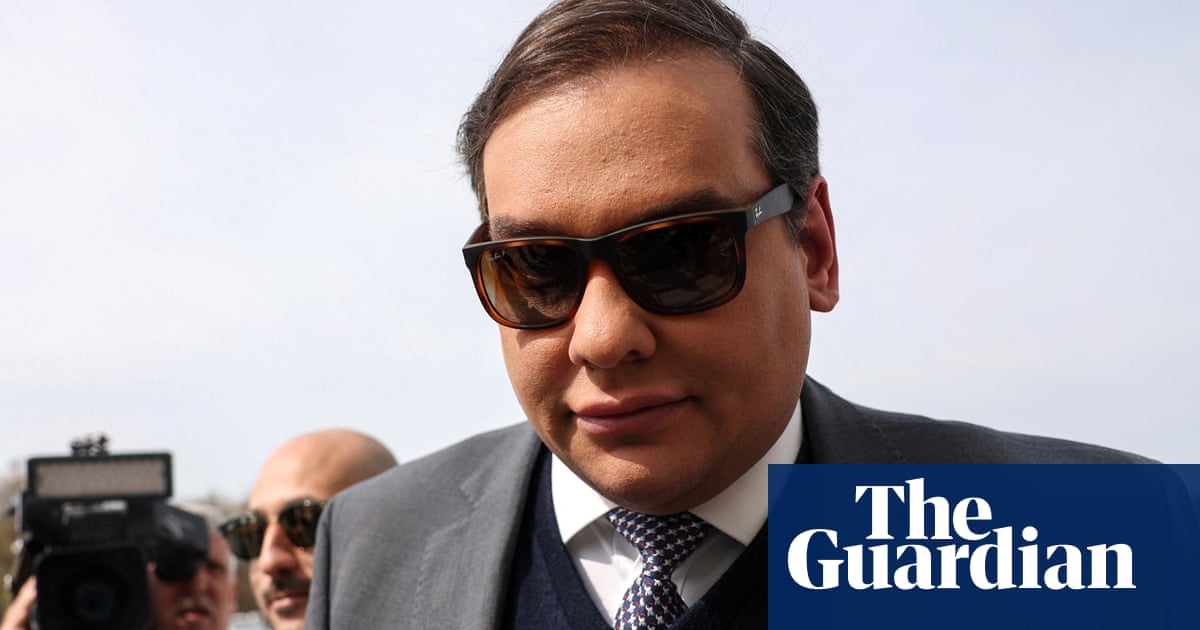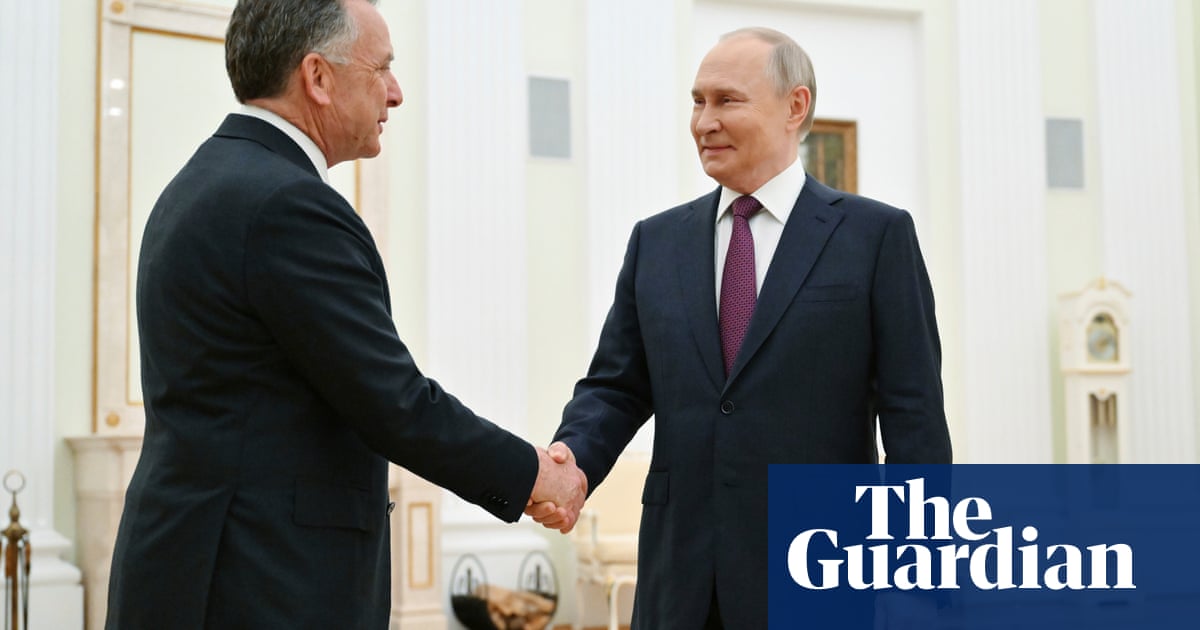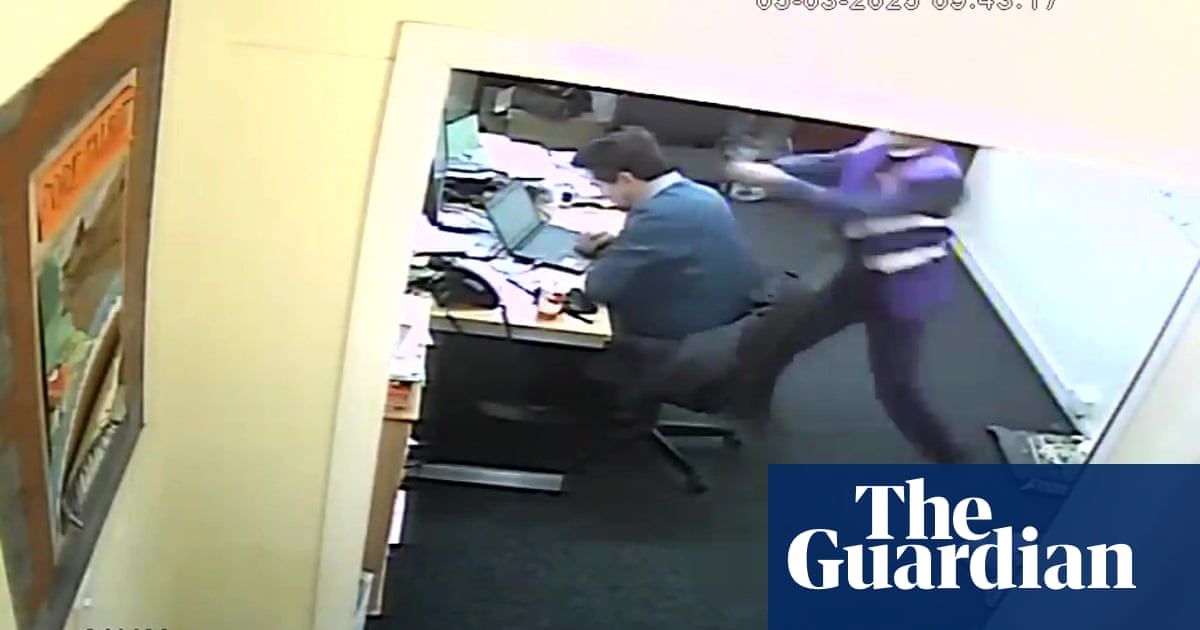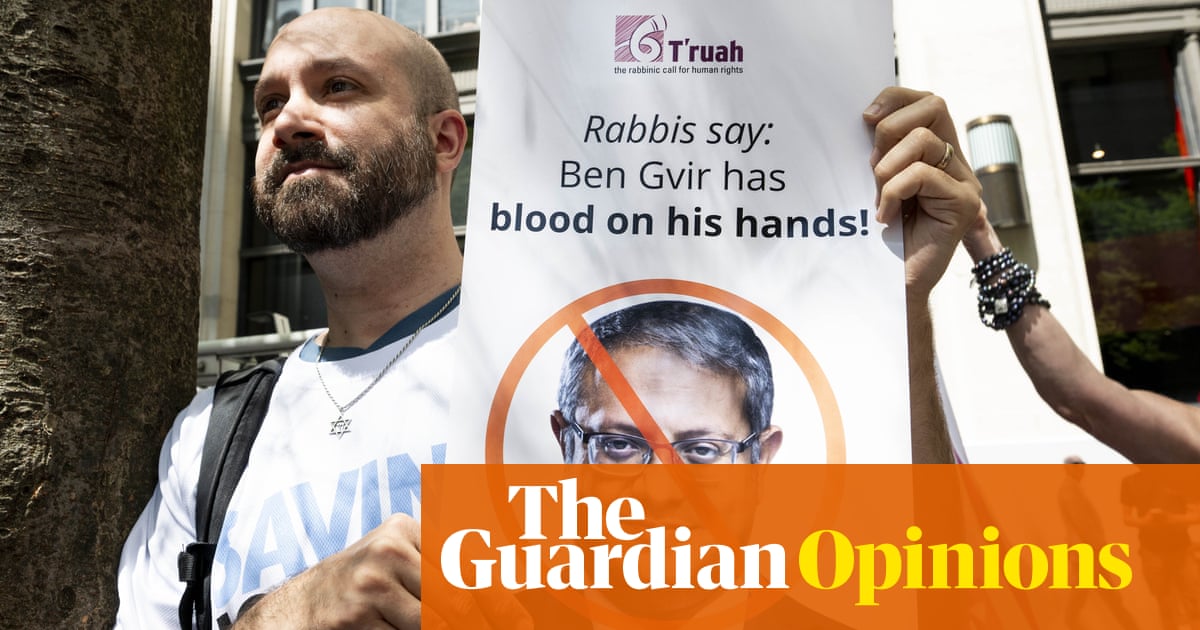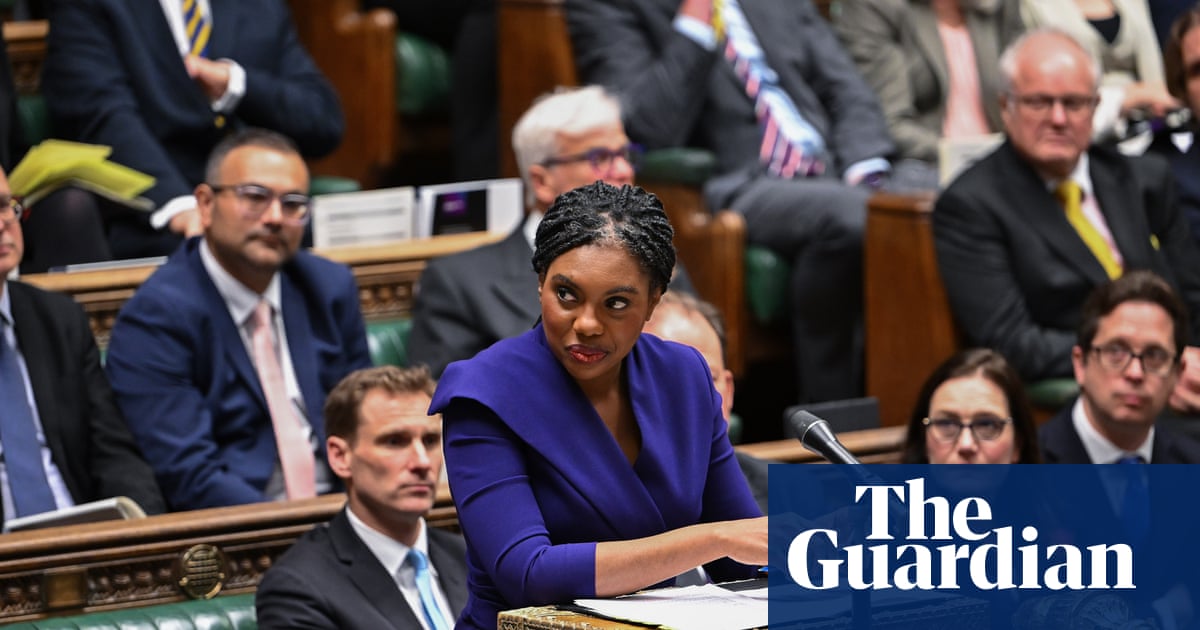To see the true face of Donald Trump, look no further than Ukraine. Laid bare in his handling of that issue are not only his myriad weaknesses, but also the danger he poses to his own country and the wider world – to say nothing of the battered people of Ukraine itself.
Don’t be fooled by the mild, vaguely theatrical rebuke Trump issued to Vladimir Putin on Thursday after Moscow unleashed a deadly wave of drone strikes on Kyiv, killing 12 and injuring dozens: “Vladimir, STOP!” Pay attention instead to the fact that, in the nearly 100 days since Trump took office, the US has essentially switched sides in the battle between Putin’s Russia and democratic Ukraine, backing the invaders against the invaded.
On Friday, Trump’s real-estate buddy and special envoy to the Middle East, Steve Witkoff, held talks in Moscow with Putin. But any resemblance between the US and an honest broker is purely coincidental. On the contrary, previous encounters between the two men resulted in Witkoff parroting Kremlin talking points, essentially endorsing Russia’s claim to the Ukrainian territory it seized. In that, Witkoff was merely following the lead set by his boss: the supposed peace deal Trump is now in a hurry to seal amounts to handing Putin almost everything he wants and demanding Ukraine surrender.
Hence Trump’s anger on Wednesday, when he accused Volodymyr Zelenskyy of making “inflammatory statements”. What had the Ukrainian president said that was so incendiary? He had calmly pointed out that he could not do as Trump demanded and recognise Russian control of Crimea, which Russia grabbed in 2014, because it was forbidden by his country’s constitution. It’s telling that Trump should be enraged by a president who thinks constitutions have to be respected.
Whether Trump succeeds in making Kyiv buckle or not, the new reality is clear. The US president is taking an axe to an international order constructed in the aftermath of a bloody world war, a system that has held, however imperfectly, since 1945. A central tenet of that order was that big states could not simply swallow up smaller ones, that unprovoked aggression and conquest would no longer be allowed to stand. Yet here is Trump bent on rewarding just such an act of conquest, not simply acquiescing in Putin’s land grab in Ukraine but conferring on it the legitimacy of approval by the world’s most powerful nation.
Note how he speaks as if Putin had every right to seize the territory of his neighbour. Asked this week what concessions, if any, he had extracted from Moscow, Trump replied that Putin’s willingness to stop the war, rather than gobbling up Ukraine in its entirety, was a “pretty big concession”.
This is not only a disaster for Ukraine, though it is obviously that. It is also the destruction of global architecture that has stood for many decades – and it is hardly a lone case. Trump’s tariff fetish is similarly upending a system of international trade that had made the world, and especially the US, more prosperous. The consequences are already visible, in plunging global stock markets, gloomy growth forecasts and warnings of a recession that will start in the US and then spread everywhere else.
Trump’s eagerness to acquiesce in Putin’s seizure of Ukraine makes a dead letter of international law, with its prohibition of the crime of aggression, and that too points to a wider pattern. For Trump is at war with the law at home as well as abroad. Indeed, in three short months, it has become an open question whether the rule of law still operates in the US.
That peril is revealed most clearly in Trump’s willingness to defy the orders of the US courts. Judges have issued multiple rulings, seeking, for example, to delay or overturn the deportation of migrants without due process, only for those judges to be ignored or targeted with personal invective from the president. For the latest Politics Weekly America podcast, I spoke to Liz Oyer, a former justice department official fired last month after she refused to restore gun-owning rights to the actor and Trump pal Mel Gibson: he had lost them when he was convicted of domestic violence in 2011. Oyer is a sober, nonpartisan former civil servant, but she told me of her fears if the Trump administration continues to refuse to comply with the law as laid down by the courts. “We will have a true crisis on our hands. They are testing the limits.”
Part of Trump’s assault on the law has come in a flurry of executive orders, targeting specific, named law firms that had previously acted for his opponents. He offered the firms a choice: either be barred by presidential diktat from cases involving the federal government, or commit to giving Trump and his administration free legal advice worth tens of millions of dollars. So many firms have caved in, the president now has access to an estimated $1bn (£750m) war chest of pro bono legal services. Trump has been bragging about it, but there’s a word for what he has done: extortion.
It’s a favourite weapon of Trump’s and it’s been on display in Ukraine too. Let’s not forget the “deal” Trump wants to strike with Zelenskyy: a degree of US protection in return for half of the revenue from Ukraine’s minerals, ports and infrastructure. This is not the behaviour of an ally, but a gangster.
Everything Trump does, and has always done, he is doing in and to Ukraine. Recall the hyperbolic promise he made to end the war within “24 hours” of returning to the White House. It was of a piece with the inflated hype that puffed up his real-estate career – and about as reliable. The same goes for his campaign promise to end inflation on “day one”, when his tariff policy is only going to push up prices.
Now he threatens to walk away from Ukraine altogether, impatient to get a deal in time for his 100th-day celebrations on Tuesday. That’s typical too: so often Trump’s grand plans turn to dust because, if he doesn’t get an instant reward, he gets bored and drifts away. Witkoff’s previous role was securing a lasting ceasefire between Israel and Hamas in Gaza. Now that’s fallen apart, he’s moved on to other things.
Above all, Trump’s willingness to capitulate to Putin on Ukraine is a reminder not only of his own authoritarian ambitions – he likes Putin because he wants to be like Putin – but also of how serially bad a negotiator this self-styled artist of the deal really is. He declared tariff war on China, thinking he could squeeze the US’s great economic rival. Instead, America’s biggest retailers this week warned that their shelves could soon be empty, thanks to the havoc Trump’s tariffs are unleashing on the global supply chain. Container traffic across the Pacific from China is already down by as much as 60%, meaning Americans are not going to get the goods they’ve come to rely on. Those shortages will lead to voter anger directed at Trump. To avert it, he needs a deal with China – desperately. He goes to the table weak, facing an opponent he has made strong. So much for the maestro dealmaker.
There is no mystery to Trump. It’s all plain to see – the habits of the vandal, the autocrat, the gangster and the fool – with Ukraine as clear a guide as any. Not that that is any comfort to the people of that besieged land. They don’t want to be a cautionary tale, a demonstration case of the fecklessness and menace of Donald Trump. They want to be a free, independent nation. Their great misfortune is that the mighty country that should be their most powerful friend is now in the hands of an enemy.
-
Jonathan Freedland is a Guardian columnist and the host of the Politics Weekly America podcast
-
100 days of Trump’s presidency, with Jonathan Freedland and guests. On 30 April, join Jonathan Freedland, Kim Darroch, Devika Bhat and Leslie Vinjamuri as they discuss Trump’s presidency on his 100th day in office, live at Conway Hall London and livestreamed globally. Book tickets here or at guardian.live

 5 hours ago
8
5 hours ago
8


